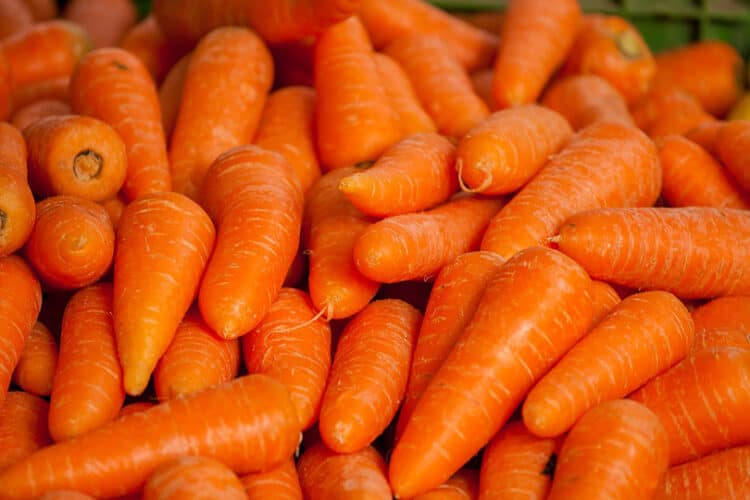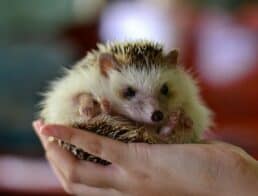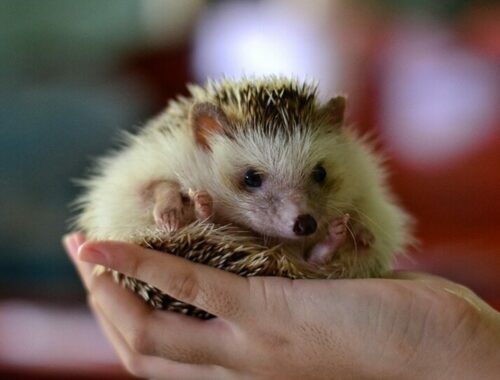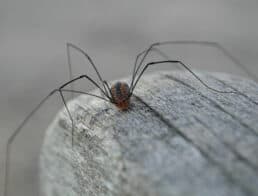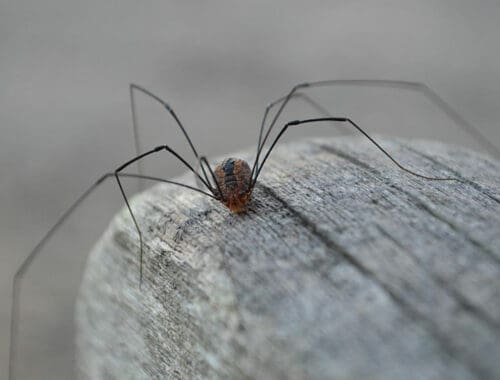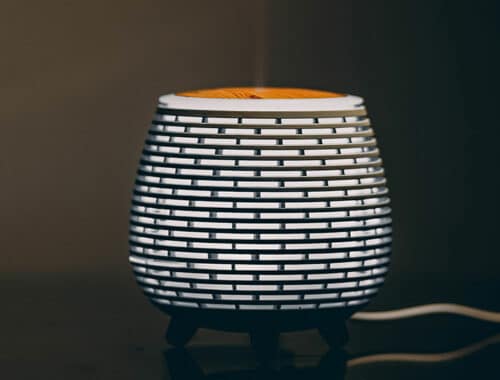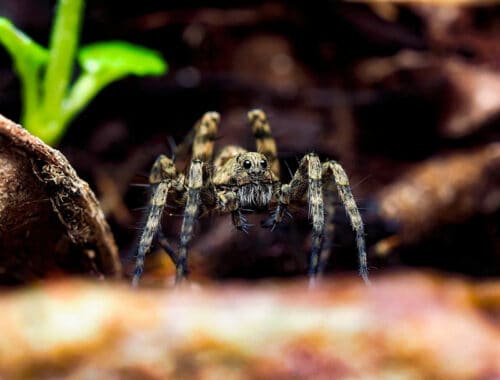If you’ve dropped a carrot on the floor and watched your dog snatch it up before you could retrieve it, you might be wondering if carrots are safe for dogs to eat. Maybe you’re researching different treat or snack options for your pup and heard that carrots make for a good choice.
Carrots are indeed healthy for your dog, so if your pup eats one, you don’t have to worry. You can even use carrots as low-calorie treats. If your dog likes carrots, they can safely enjoy them. Some dog foods even include carrots in the ingredients because of the health benefits that they provide to dogs.
As with any treat, carrots should be offered to pups in moderation. They should not replace your dog’s regular meals and should only be used as supplemental snacks.
Benefits of Carrots for Your Dog
Carrots are full of nutrition and offer health benefits for dogs just as they do for people. If you’re watching your dog’s calorie intake but still need treats to use during training, carrots are healthy alternatives to traditional biscuits or pieces of cheese or meat. You can mix carrots with their regular treats to give your dog a low-calorie variety.
Full-size frozen carrots can work as inexpensive and healthy chew toys for puppies and even help relieve pain associated with teething. They can also improve your dog’s dental health.
Carrots give your dog nutrients like the antioxidants alpha-carotene and beta-carotene. These get converted into vitamin A in the body. Vitamin A supports good vision and eye health. It’s also an essential nutrient in a dog’s diet.
Carrots are great sources of potassium, vitamin K, vitamin B6, and fiber. One medium carrot has about 25 calories, so offering a medium carrot in several pieces will give your dog multiple snacks without many additional calories.
You can serve carrots to your dog in several ways. You can give your dog raw or cooked carrots. Adding cooked carrots to your dog’s meal might entice a picky eater without any negative health side effects. Pureed carrots or carrot juice can also be included in your dog’s food to give them a sweet flavor and some extra vitamins.
Freeze the carrots to give your dog a healthy, edible chew toy. Just make sure to watch your dog as they eat this treat because large carrot pieces can be a choking hazard.
Be sure to wash or peel the carrots first to remove any dirt or pesticides on the outer layer before serving them to your dog.
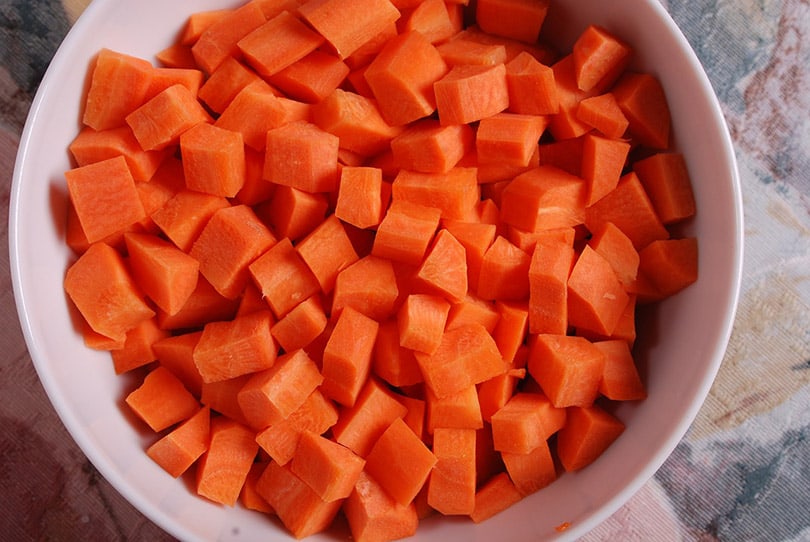
Are Carrots Dangerous for Dogs?
Dogs should not get more than 10% of their daily calories from treats, including carrots. Anything outside of your dog’s regular meals is considered a treat and should be counted into their calorie allotment per day.
Always give your dog plain carrots. If you want to cook them, don’t add any butter, salt, or other seasonings. They’re not necessary and may be harmful to your dog.
One-half cup of carrots contains 3 grams of sugar. Carrots are healthy snack options, but this sugar amount should be kept in mind. Dogs don’t need excess sugar in their diet, and too much of it can lead to obesity.
Another risk of eating too many carrots is a condition called carotenemia. This means the skin and coat of the dog will turn a yellowish-orange color. Usually, the dog can stop eating carrots, and the condition will go away, not harming the dog in any way. In severe cases, it can prevent vitamin A from being correctly absorbed in the body.
Since carrots provide large doses of vitamin A, there is also a risk of vitamin A poisoning if dogs eat too many carrots. Signs of this include vomiting, drowsiness, and skin peeling.
The good news is that these dangers are not common and only occur if your dog is eating excessive amounts of carrots each day. If you only stick to carrots as treats and feed them to your dog appropriately, there will be no serious side effects.
Final Thoughts
Carrots are healthy treat options for your dog, so if your dog eats one, you don’t have to worry. Stick to the suggested serving number of carrots, and use them as supplements to your dog’s diet. Your dog will enjoy the healthy treats, and you won’t have to worry about them consuming too many calories.
Featured Image Credit: Pixabay
